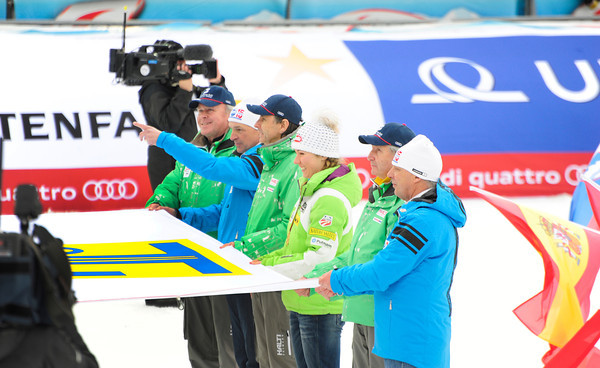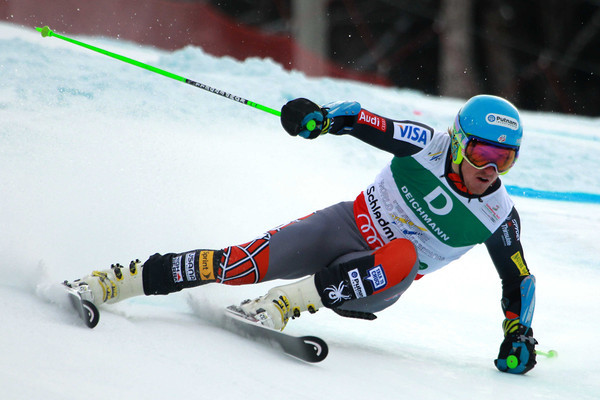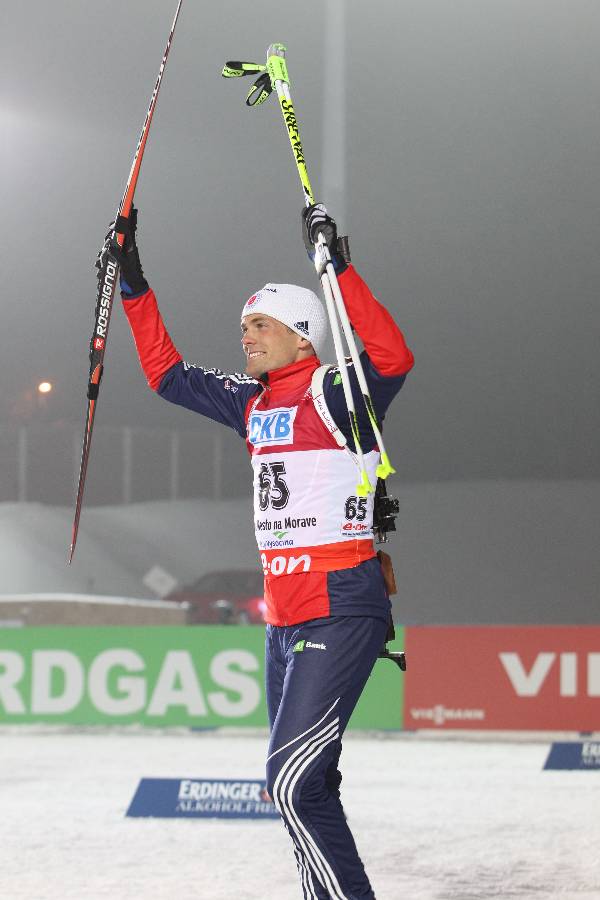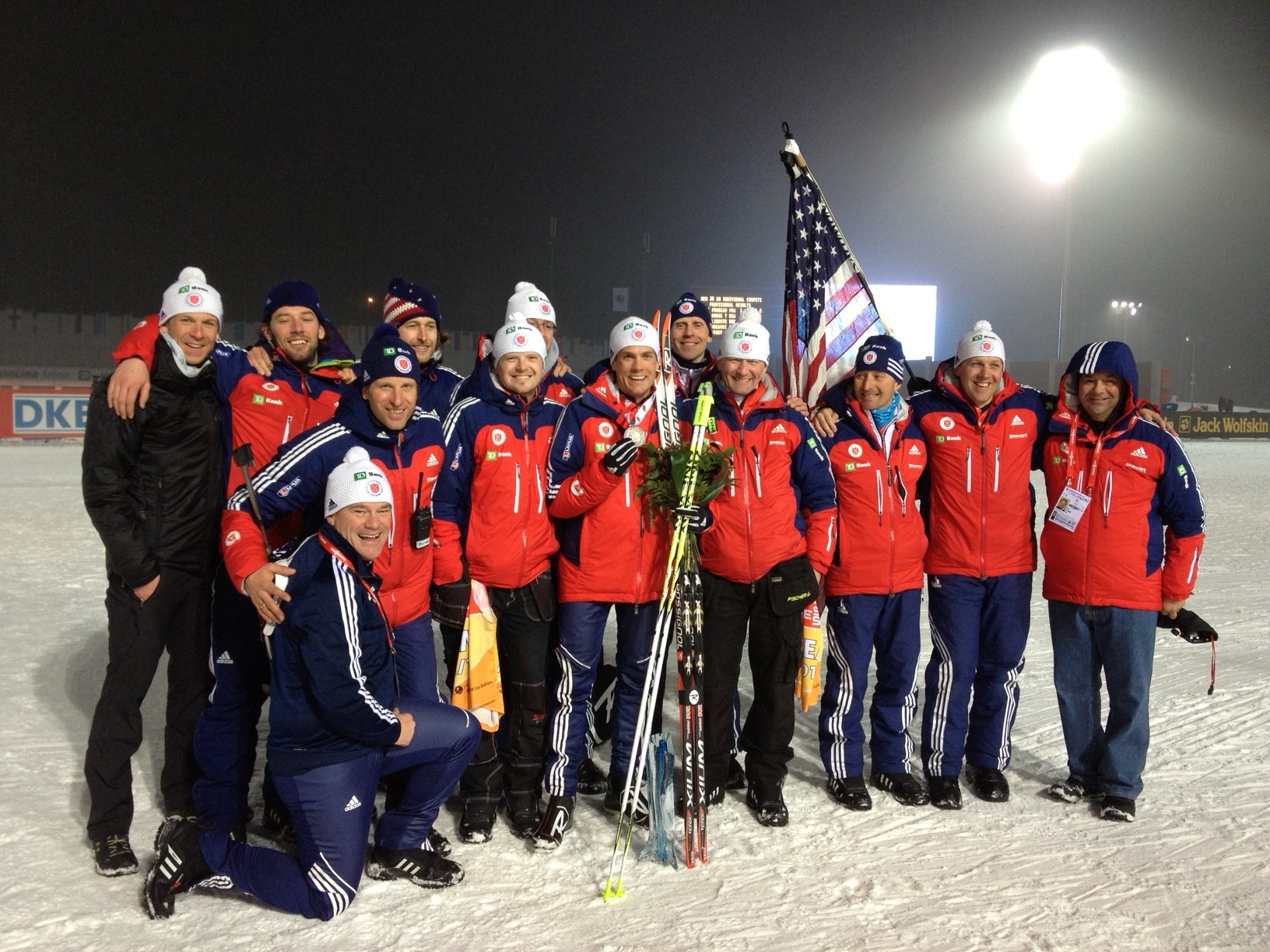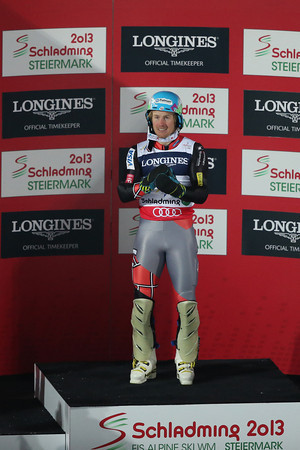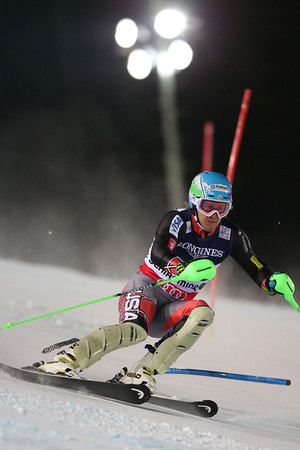Lance Armstrong declined Wednesday to tell what he knows about doping in cycling to the U.S. Anti-Doping Agency. Because here is the critical part. USADA would have had him talk under oath.
So, really, who is surprised?
Armstrong faces potential criminal and civil exposure. No way he was going to talk -- at least not while the truth, the whole truth and nothing but the truth could be used against him.
Intriguingly, Armstrong -- who sought in his televised interview with Oprah Winfrey to appear at least a little bit humble, a little bit contrite -- seemed through his lawyer, Tim Herman, to revert Wednesday right back to the sort of language that had for years come to characterize his position in dealing with the anti-doping authorities, the press and virtually anyone who challenged him.
Herman's statement started off by saying:
"Lance is willing to cooperate fully and has been very clear: He will be the first man through the door, and once inside will answer every question, at an international tribunal formed to comprehensively address pro cycling, an almost exclusively European sport."
Lance willing to cooperate fully? That would appear so commendable, right?
If only it didn't also seem so disingenuous.
For years, Armstrong kept his doping and bullying secret. Now, though, he would now be willing to tell all? Conveniently, he would be doing so at an international tribunal, likely offshore, where the reach of American law would not extend -- and those comments presumably would not be used against him in the same way as if they were made, under oath, back home.
In that way he would be the "first man through the door" and answering "every question"?
Just one further issue.
There is no such international tribunal. None exists. Maybe one will one day or maybe one won't.
It's hard to know, given the complex relationships among cycling's governing body, the UCI -- for which Armstrong has said he currently has little love, given the way it dropped him last fall -- along with the World Anti-Doping Agency and the International Olympic Committee.
So, again, what was this about?
And why the reference to cycling being a European sport? Why bring that up? Simply to play to what remains of Lance's American audience? Or -- to whom?
"We remain hopeful," the statement goes on to say, "that an international effort will be mounted, and we will do everything we can to facilitate that result. In the meantime, for several reasons, Lance will not participate in USADA's efforts to selectively conduct American prosecutions that only demonize selected individuals while failing to address the 95% of the sport over which USADA has no jurisdiction."
Demonize? Selected individuals?
To whom could those words be referring? Lance, obviously, right?
USADA's aim, of course, is full disclosure. It wants to know what he knows. That's just common sense. Wouldn't Armstrong stand to know as much as anyone about how to dope, and get away with it?
Plus, if ever there was a time to get him to talk, now would be it. Armstrong has finally been unveiled as a serial cheater. He has been stripped of his seven Tour de France titles.
Moreover, WADA told Armstrong that coming in to talk to USADA was the appropriate thing to do if, as USADA chief executive Travis Tygart put it in a statement of his own Wednesday, "he ever wanted to be part of the solution."
Now, though, look at it from Armstrong's point of view. What did he have to gain from talking with USADA?
In October, in making public the scope and extent of Armstrong's cheating, calling it the "most sophisticated, professionalized and successful doping program the sport has ever seen," USADA imposed on Armstrong a lifetime ban.
Armstrong, 41, wants to run in sanctioned triathlons. Cooperation with USADA might -- that's might -- get that life ban reduced to an eight-year ban. That means he'd be almost 50.
For someone used to being in control, used to dictating the terms of how the deal is going to go down, it's hardly surprising Armstrong decided in the end not to talk.
"At this time," Tygart said in his statement, "we are moving forward with our investigation without him and we will continue to work closely with WADA and other appropriate and responsible international authorities …"
That's not surprising, either. This matter is a long, long way from over.

